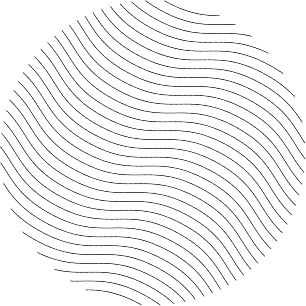Biography
Paulo Augusto Silva Veloso, Brazilian computer scientist and logician (Porto Alegre 18 April 1944 –
With S.R. M. Veloso, P. Viana, R. Freitas, M. Benevides & C. Delgado introduced modal logical systems for the precise treatment of assertions involving some versions of vague notions (2010)
With A.E.M. Carlini, M.A. Casanova & A.L. Furtado introduced a formalism to specify interactive storytelling genres in the context of digital entertainment (2010)
With R. Freitas, S.R.M. Veloso & P. Viana gave a formal presentation of a logical system for graph relational calculus and proved that graph relational language has the same expressive power as a first-order positive fragment (2009)
With S.R.M. Veloso & L.B. Vana introduced deductive systems for logics of generally (2008)
With S.R.M. Veloso introduced a stepwise approach for computing symbolic diagrams (2008)
With S.R.M. Veloso introduced the idea of functional interpretation for generally logics (2004)
With S.R.M. Veloso showed ultrafilter logic can be faithfully embedded into coherent functions (2004) and compatible predicates (2005)
With R. Freitas, J.P. Viana, M.R.F. Benevides & S.R.M. Veloso showed that the class of fork squares has a complete orthodox axiomatization in fork arrow logic (2003)
With T.S.E. Maibaum & M.R. Sadler proved the basic results for abstract data types (2005)
With S.R.M. Veloso introduced the ideas of special functions in logics for generally (2002)
Established that ultrafilter logic has more expressive power than classical first-order logic (2000)
Showed that every fork algebra of relations can be represented by a Cartesian one (1997)
Established the independence of the fork axioms (1997)
Showed that finite fork algebras are essentially Boolean algebras (1996)
Gave a new, simpler proof of the modularization theorem for logical specifications (1993)
With R.C.B. Martins, C.J. P. Lucena & D.D. Cowan presented a new programming method, the data transform programming method (1984)
With A.M. Sette & W.A. Carnielli introduced new formal perspectives to the question of default reasoning based on the notion of ultrafilters


